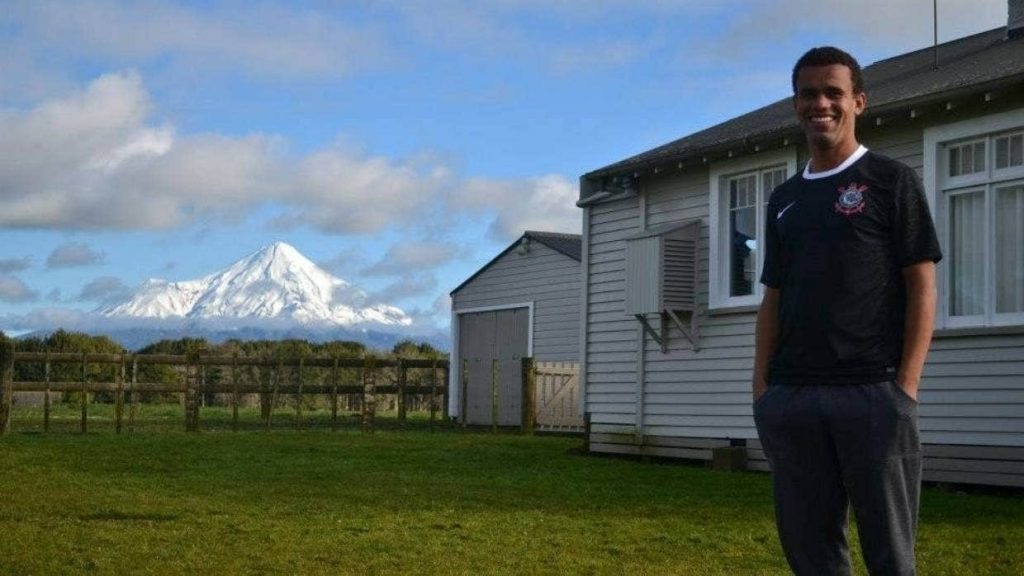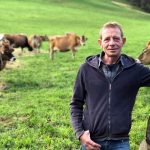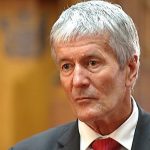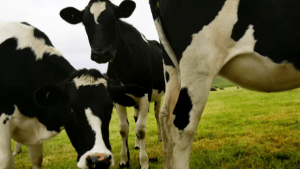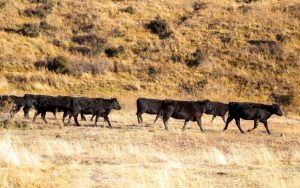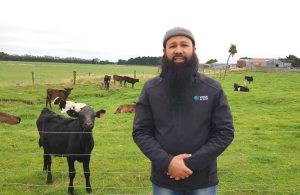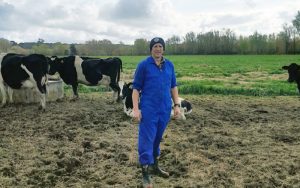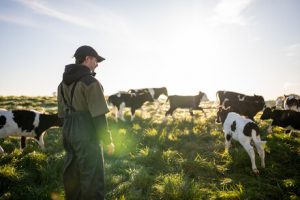
He was still there, after his employer Tim Delaney had his sixth visa application for Da Silva turned down on what his immigration adviser said was a technicality. The application to renew his visa was meant to be made by August, but overseas processing was closed and he could not apply.
“His work to residency visa has run out and he’s not in the country to apply for the residency and so now he’s got nothing. [Immigration] keep saying he doesn’t meet the criteria but I can’t see how it’s possible. We pay him over $100,000, he’s worked here for 10 years and he’s the only person I know that can run five farms,” Delaney said.
Delaney said he was still paying Da Silva in the hope that he could get him back, and because Da Silva did not want to return to his native Brazil due to the high rates of Covid-19 there.
“He’s basically our family member. He stays in our house when we go away and he’s the only guy I trust to do that.”
Delaney said he was at breaking point trying to keep the farms running and had lost two junior staff recently who he had been unable to replace. They left because they were too stretched, he said.
Earlier this week the Government announced there would be 500 spaces in Managed Isolation and Quarantine Facilities for groups of highly skilled workers, but the dairy sector was excluded, upsetting farmers who felt their pleas to the Government to help fill about 2000 vacancies had fallen on deaf ears.
A request by industry groups for a class border exception for the dairy sector, which had highlighted the extent of the labour shortage, was turned down by the Government only days earlier.
Federated Farmers employment and immigration spokesman Chris Lewis said the lobby group was “deeply disappointed” the sector had not been included in the most recent exceptions.
It was hoped the Government would have tried to avoid the impact of the labour shortage in horticulture, in the lead up to peak dairy calving.
The situation some farming families were now in was leading to stress, health and wellbeing issues, he said.
The sentiment was echoed by Dairy NZ chief executive, Tim Mackle, who said the decision had let farmers down.
While the industry would continue to work on longer term recruitment drives, workers who had applied for residency needed their applications fast-tracked, as there were concerns they might look to other countries for employment, he said.
Delaney said he was under “too much pressure” and it had taken a toll on his marriage. Getting Da Silva back would “fix everything”.
“I just don’t have enough time to spend with my family.”
Ben De’Ath, managing director at immigration consultancy, The Regions, said Delaney’s case reflected the labour shortage in the dairy sector.
Culverden is located between two earthquake stricken areas, Christchurch and Kaikoura, which had subsequently experienced a labour drain.
That Immigration was not convinced that Da Silva could not be replaced by a local highlighted the absurdity of the Government’s expectations, he said.
It was in areas with low populations that dairy farmers were most in need, and it was those farmers who were willing to pay for MIQ beds.
Senior decisions makers were poorly informed or incompetent to suggest that a worker worth $100,000 on the open market could be found locally, let alone in North Canterbury De’Ath said.
“You couldn’t find them five minutes from Hamilton city in the Waikato.”
The suggestion by Agriculture Minister Damien O’Connor that the sector had not done enough to attract workers was not accurate, De’Ath said.
Dairy NZ had set up an online recruitment programme and had collaborated with the Ministry for Social Development. Only the in-person training courses had been ditched due to a lack of interest.
A spokesman for O’Connor said farmers could apply for individual workers to come in under the ‘other critical workers’ category. About 10 per cent of MIQ capacity was allocated for economic-related movements through the border.
De’Ath has launched a petition on Wednesday asking the O’Connor to consider 50 MIQ beds, or 1.25 per cent of beds, for the dairy sector a fortnight in the next two months leading up to calving. Employers would pay for the beds as well as the median wage from the time the worker arrived.
Dairy exports made up 28 per cent of export commodities and the sector wanted “1 per cent worth of love”, he said.
